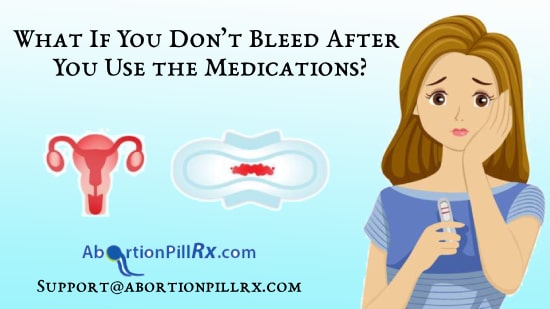Recently updated on February 11th, 2023 at 08:58 am
Female sex hormone is a crucial factor for women and has a huge influence on their lives. They can affect women’s body, mind, emotions in several ways. Estrogen, Progesterone, and testosterone are the three main sex-hormones present in a woman’s body. This blog discusses sex hormones and their roles played in a female body.
Estrogen:
Estrogen is a popular sex hormone of women known by most women. The Estrogen hormones get majorly produced in the ovaries. Its production can take place in the adrenal glands and fat cells which happens in small amounts. Estrogen hormones are responsible for the sexual development of the woman. This begins after the woman hits puberty.
Progesterone:
Progesterone is another sex-hormone whose production takes place in the ovaries, placenta, adrenal glands. Its main function is to initiate ovulation. The level of progesterone is found increased during this period while it increases even more during pregnancy.
The hormone also helps have stabilized menstrual cycles and makes the body ready for conception. If a woman who is deprived of progesterone hormones can have problems such as irregular menstrual cycle. Such women may also face difficulties in getting pregnant or conceive with complications involved.
Testosterone:
Testosterone is a hormone known to be a male sex hormone, it is also present in the females, however, in slightly lower amounts. The level of testosterone can have an impact on the fertility level, sexual desire and tissues and bone mass in women. This can also impact menstruation to some extent.
What role do sex-hormones play in a woman’s life?
Role in puberty:
Sex-hormones are responsible for the development of breast, hair growth on the underarms, legs, and pubic region. They also make women’s height increase, while storing fats in the hips, buttocks, and thighs and increased production in the skin.
Role in menstruation:
Sex-hormones decide the time where girls have their menarche i.e. the first time to have menstrual periods. After menarche, women have menstruation regularly until they reach the level of menopause.
Following are the different phases that a woman goes through due to sex-hormones:
- Follicular phase
- Ovulatory phase
- Luteal phase
Role in menopause:
Menopause happens when the woman stops having her menstrual periods. You experience irregular periods, sleeping difficulties, hot flashes, mood swings, dryness in the vagina, etc. which occurs due to the sex-hormones present in your body.
Role in sexual desire and arousal:
Estrogen, progesterone, and testosterone have an impact on the way you arouse or gain sexual desire. A higher level of lubrication in women drives lubrication in the vagina.




